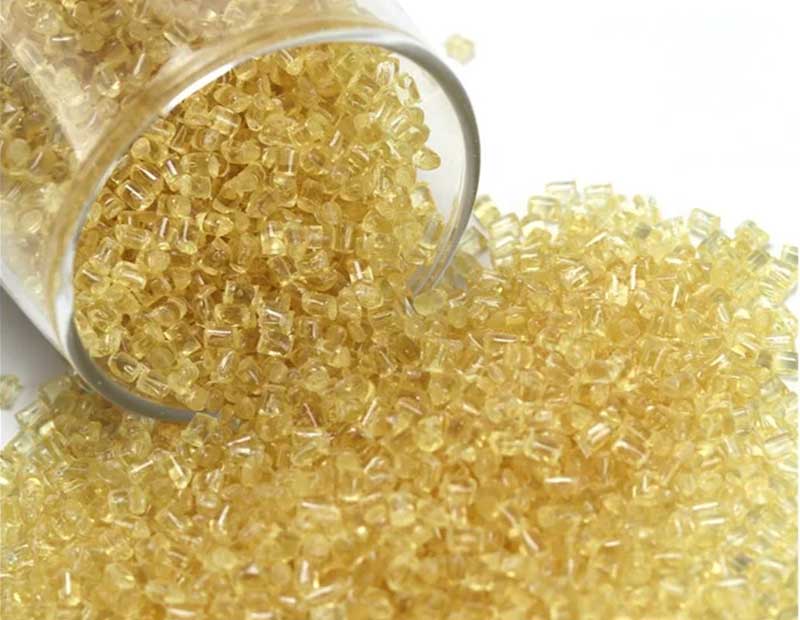When it comes to advanced materials used in textiles, engineering, and industrial applications, PES material is one of the most versatile options available. If you’ve ever wondered “what is PES material?” or “what material is PES?”, this article provides a comprehensive overview of its properties, applications, and benefits.

Understanding PES Material
PES stands for Polyethersulfone, a High-performance thermoplastic known for its excellent thermal stability, chemical resistance, and mechanical strength. In the textile industry, PES fabric material is widely used for its durability and resistance to shrinking, stretching, and wrinkling.
In industrial applications, PES plastic material or PES plastic resin is commonly utilized for making components that require high heat resistance and dimensional stability. The raw form, known as PES raw materials, can be processed into sheets, films, fibers, or molded parts.
Key Properties of PES Material
High Thermal Resistance
PES Polyethersulfone can withstand continuous use at elevated temperatures, making it suitable for both industrial and laboratory applications.Chemical Resistance
It resists acids, bases, and organic solvents, which is why material PES is widely used in chemical processing equipment.Mechanical Strength
Despite being lightweight, PES material offers excellent toughness, impact resistance, and dimensional stability under stress.Electrical Insulation
PES plastic resin has outstanding electrical insulating properties, making it ideal for electronic components.Durability in Textiles
PES fabric material maintains its shape and color over time, making it popular in sportswear, workwear, and home textiles.
Common Applications
Textile Industry: Sportswear, uniforms, upholstery, and high-performance fabrics.
Electronics: Insulators, connectors, and circuit board components.
Medical Devices: Sterilizable instruments, filters, and membranes.
Automotive & Aerospace: Lightweight, high-strength components for interior and functional parts.
Industrial Components: Valves, fittings, and chemical-resistant parts made from PES plastic material or PES polyethersulfone.
Advantages of PES Material
High temperature tolerance without deformation
Excellent chemical and solvent resistance
Strong mechanical performance with long service life
Lightweight, yet durable
Versatile in both textile and engineering applications
To answer the question “what material is PES?” — PES is Polyethersulfone, a high-performance thermoplastic with a wide range of applications from PES fabric material to PES plastic resin. Its combination of heat resistance, chemical stability, and mechanical strength makes PES material a preferred choice for industries ranging from textiles to electronics and automotive.
Whether you are sourcing PES raw materials for manufacturing or exploring material PES for textile production, understanding the properties of PES polyethersulfone ensures you select the right material for your specific needs.






